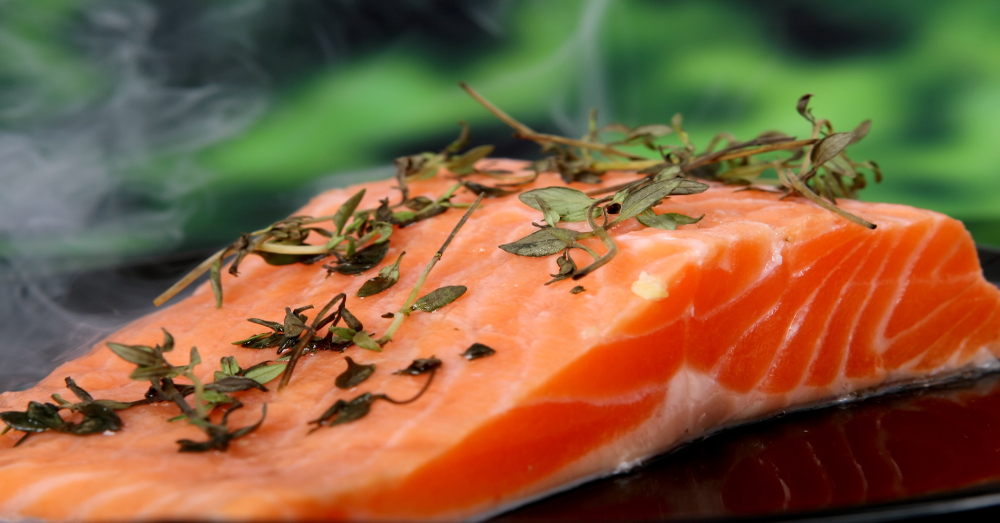
Fishy Chemicals in Farmed Salmon
Persistent organic pollutants—or POPs—skulk around the environment threatening human health through direct contact, inhalation, and most commonly, eating contaminated food. As people are becoming more aware of their food’s origin, new research at the University of Pittsburgh suggests it might be just as important to pay attention to the origin of your food’s food.
July 10, 2018 | Source: Pitt Swanson Engineering | by Matt Cichowicz
Persistent organic pollutants—or POPs—skulk around the environment threatening human health through direct contact, inhalation, and most commonly, eating contaminated food. As people are becoming more aware of their food’s origin, new research at the University of Pittsburgh suggests it might be just as important to pay attention to the origin of your food’s food.
The American Chemical Society journal Environmental Science & Technology featured research by Carla Ng, assistant professor of civil and environmental engineering at Pitt’s Swanson School of Engineering, on the cover of its June 19 issue. Dr. Ng tracked the presence of a class of synthetic flame retardants called polybrominated diphenyl ethers (PBDEs), which were once a popular additive to increase fire resistance in consumer products such as electronics, textiles, and plastics
(DOI: 10.1021/acs.est.8b00146).
“The United States and much of Europe banned several PBDEs in 2004 because of environmental and public health concerns,” says Dr. Ng. “PBDEs can act as endocrine disruptors and cause developmental effects. Children are particularly vulnerable.”
